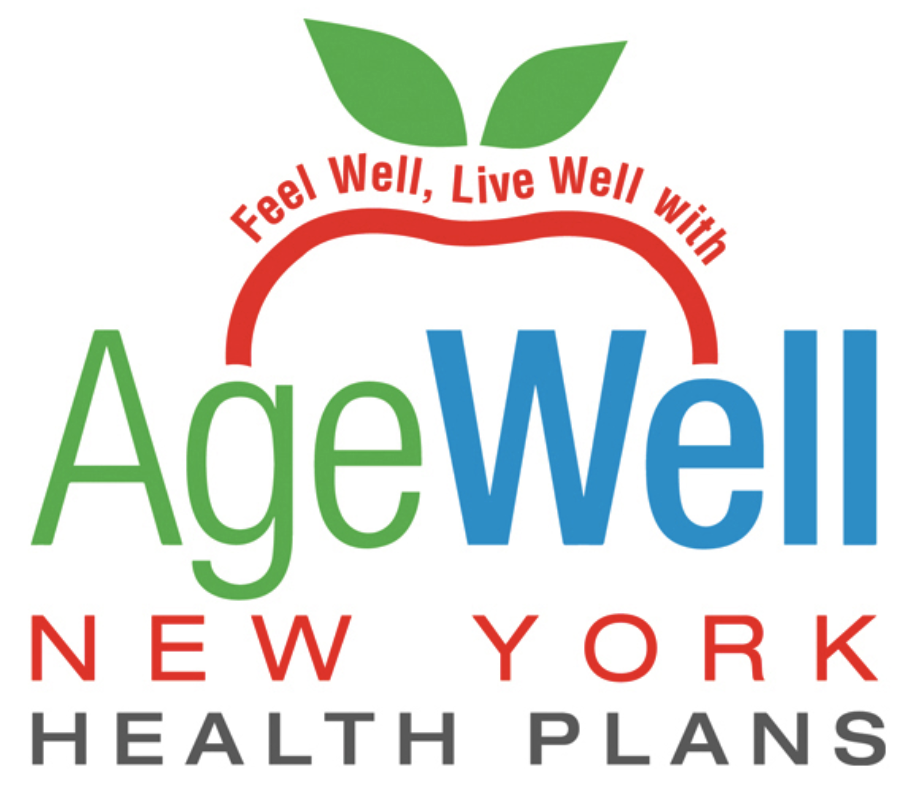
IMPORTANT
Starting January 1, 2024, AgeWell New York will no longer be offering any health maintenance organization (HMO) managed care plans.
The Board of Managers and AgeWell New York management would like to thank its members and partners for trusting us with your care and business.
For member benefit issues regarding services offered in 2023, please contact the following:
Member Services : 718-484-5000
Claims : 718-484-5000
Appeals : 718-484-5000
Fax: 1855-366-4110
For any other issues please contact Administration@AgeWellNewYork.com.